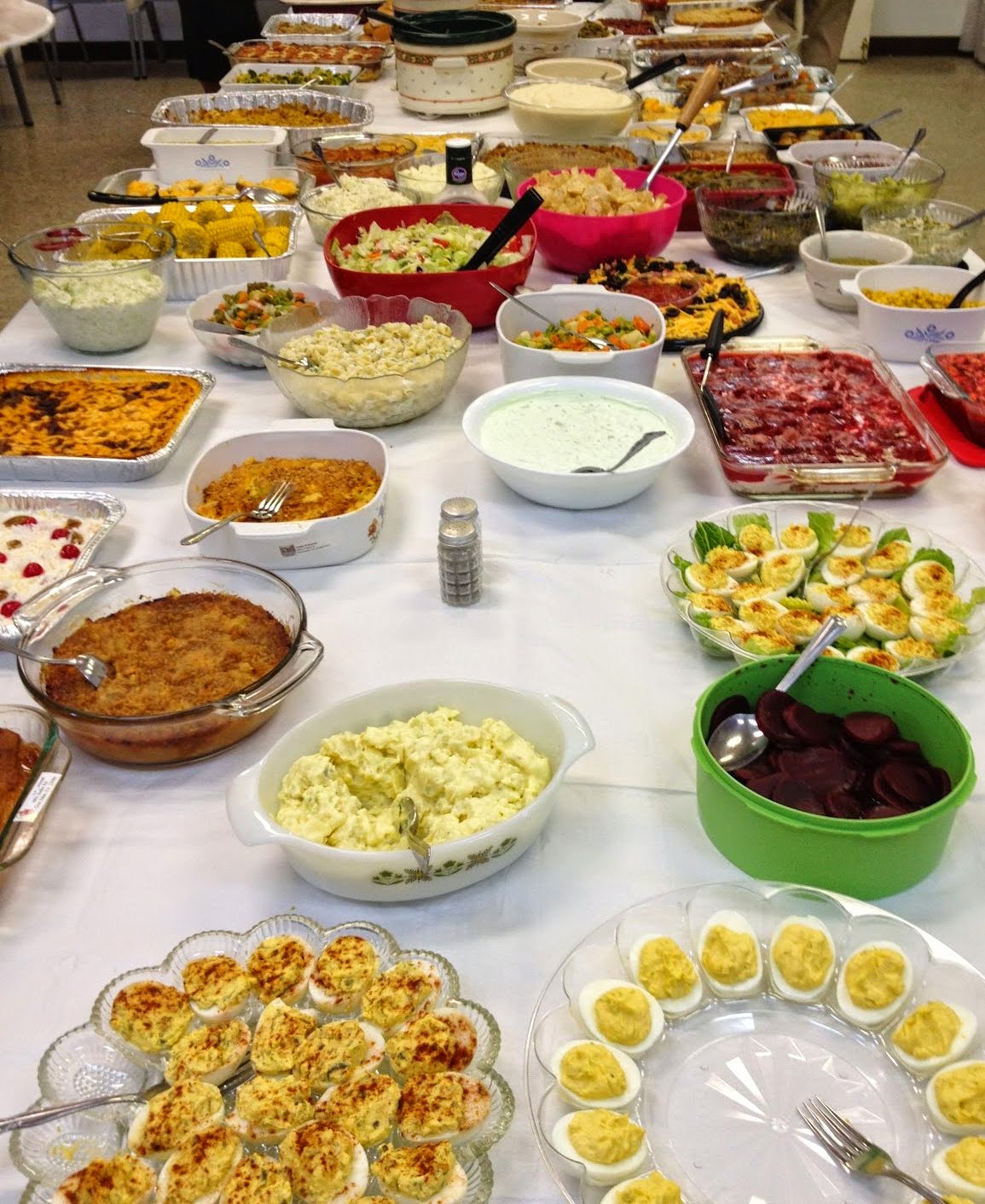I've learned over
time that the cliche "be careful what you ask for, you might just get
it" is true, though as a Christian, changing "ask for" to
"pray for" seems more fitting.
This is especially true when we ask for things like patience or
humility. We grow more patient by being
asked to wait and we grow more humble by being humbled. Experience is a great teacher when it comes
to both of those.
Yesterday, I
preached a sermon that addressed the difficulties our country is facing, especially related to the deaths of Michael Brown and Eric Garner. I approached it from the standpoint of a
disciple who must grapple with the prophetic word that pushes us to places we
would rather not go and to hear truths we would rather not hear. As the congregation was leaving, I received
some very encouraging and complimentary words from several church members. This made me feel good about my sermon,
especially one as potentially divisive as this one.
Last night and this
morning, I felt that little voice in my head threatening to get louder. It might start with: "I guess that was a
pretty good sermon." Then it might
become: "I might be a pretty good preacher." If left unchecked, eventually that voice
begins to whisper: "Maybe I'm a great preacher", followed closely by
stuff like, "I should be appreciated more" or "I'm better than
so and so…" It rarely gets to that
point, mainly because I've got a wife, two children, and some good friends that
help me to stay grounded. If we allow it, parenting, marriage, and ministry are some really good ways to learn humility (in an honest-to-goodness, not-being-sarcastic way). Pride is
sneaky, however, and we need all the help we can get to stay grounded and
humble.
This morning as I
was praying, I asked God to help me to be humble. I was trying to quiet the sneaky voice of
pride. So I prayed that God would help
me to see where I need to grow, where I need to be more faithful, where I need
to work harder, etc. While I know to be
careful about what I pray for, God's answer usually doesn't come within an
hour.
Shortly after
praying, a gentleman who had visited the church 2 or 3 times stopped by the
office to drop something off. He was
talking with our front-desk volunteer and our administrative assistant who
asked if he enjoyed worship yesterday.
His response was "Yeah, but I like the woman pastor
better." Prayers answered! In total honesty, this does not bother me at
all, since it has long been clear to us that different people will relate to us
in different ways. But it was a good
(and needed) reminder and an answer to prayer that helped me to remember that
I'm simply a vessel (or "clay jar", as Paul would have it) for the
Holy Spirit to work through.
Grace and Peace,
Wes

